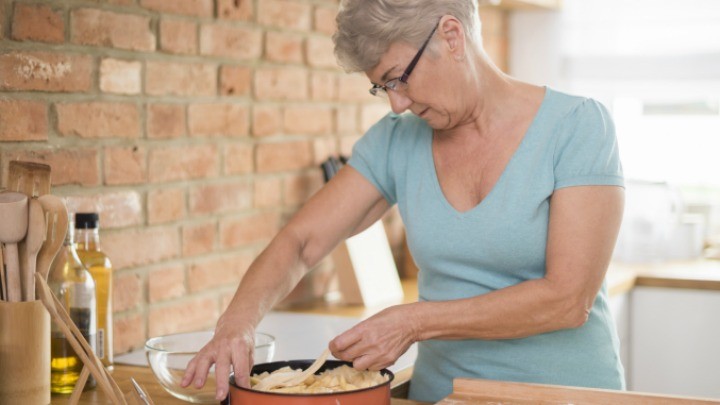Revealed: The foods safety experts refuse to eat

Safety experts have revealed the most dangerous foods to “chance”, and also listed the meals they’d never reheat. Do you share these concerns?
Food poisoning lawyer Bill Marler has represented clients taking on McDonalds, KFC and Wendy’s for cases of e-coli, salmonella and other contaminations.
“I can say I’ve been involved in every major food-borne illness outbreak that’s occurred in the US since 1993”, the safety expert said.
“Some outbreaks might have a hundred people, or some twenty”, he added. Now Mr Marler has revealed which foods he’d never eat, because of their high contamination risk:
1. Raw oysters
Changes to our oceans could make oysters a more dangerous food than ever. “Oysters are filter feeders, so they pick up everything that’s in the water”, Mr Marle said.
“If there’s bacteria in the water it’ll get into their system, and if you eat it you could have trouble”
“I’ve seen a lot more of that over the last five years than I saw in the last 20 years. It’s simply not worth the risk”, he added in the Food Poison Journal.
2. Unpasteurised juice or milk
According to Mr Marle, “raw” milks and juices may contain harmful bacterias, viruses or parasites. Last year in New South Wales, some milks were taken of shelves for this very reason.
“There’s no benefit big enough to take away the risk of drinking products that can be made safe by pasteurisation”, Mr Marle believes.
3. Raw or bagged greens
Just weeks ago, Australians were impacted by a massive recall of bagged spinach and lettuce. The affected products had a high salmonella risk.
“We’ve gotten so used to the convenience of mass-produced foods… Bagged salad and boxed salads”, says Mr Marle. “Convenience is great, but sometimes I think it isn’t worth the risk”.
According to Mr Marle, sprouts (and other leafy greens) are safe to eat when cooked. Whereas raw spouts have been linked to over 30 cases of salmonella and e-coli throughout America.
“There have been too many outbreaks to not pay attention to the risk of sprout contamination”, Mr Marler reckons. “Those are products that I just don’t eat at all”.
4. Meat less than well done
Meat is a high-risk food to begin with, so Mr Marle always orders steaks and burgers well done: “Any bacteria that’s on the surface of the meat can be ground inside of it”.
“If it’s not cooked thoroughly to 71C throughout, it can cause poisoning by E. coli and salmonella and other bacterial illnesses”, Mr Marle adds.
5. Raw eggs
In Australia, there’s been lots of debate lately about the safest way to store eggs. Either way, Mr Marle avoids eating his eggs raw or runny.
“I think the risk of egg contamination is much lower today than it was 20 years ago for salmonella, but I still eat my eggs well-cooked”, he says.
6. Foods to avoid reheating
To top this off, new guidelines from the British Food Standards Agency and European Food Information Council have advised which foods are most dangerous to reheat.
According to reports, these foods could lead to infection or even be highly carcinogenic when reheated in the microwave.
British Food Standards stipulate that chicken, rice, potato, mushrooms, spinach and other leafy greens are best eaten when freshly cooked.








 Proudly Australian owned and operated
Proudly Australian owned and operated